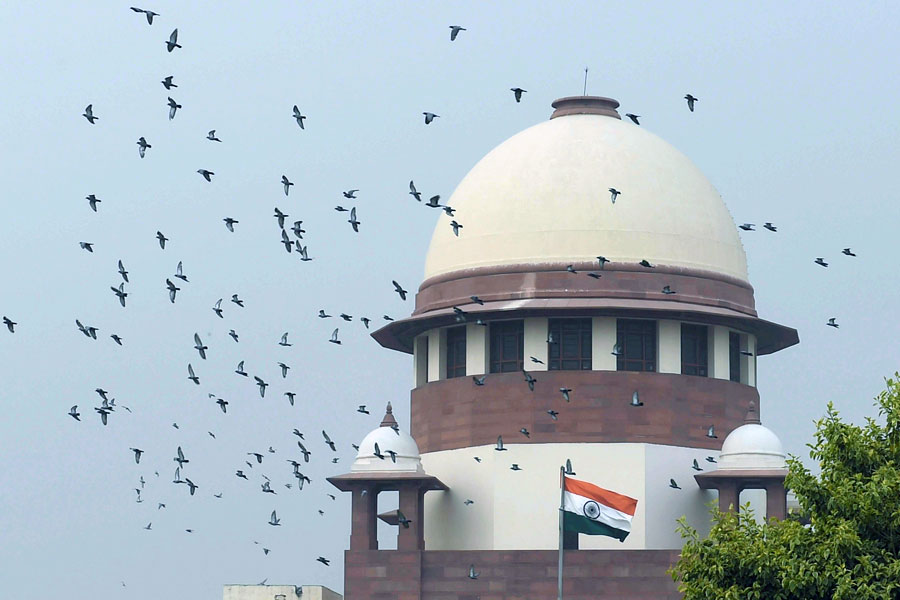The Supreme Court on Thursday said no person could be held under “preventive detention” without the accused being provided with the grounds of arrest and access to make representation to the higher authorities challenging such detention.
The court said such detention amounted to violation of a citizen’s fundamental right guaranteed under Article 22(5) of the Constitution.
A three-judge bench of Justice B.R. Gavai, Justice P.K. Mishra and Justice K.V. Viswanathan passed the ruling while directing the release of Appisseril Kochu Mohammed Shaji, held for over nine months under “preventive detention” for alleged smuggling and hawala activities under the Conservation of Foreign Exchange and Prevention of Smuggling Activities Act, 1974 (COFEPOSA), without being given an opportunity to defend himself.
The apex court lamented that though it earlier passed a plethora of judgments stating that even a seven-day delay in communicating the grounds for detention or providing an opportunity to file a representation against such detention was not acceptable, in the present case the Kerala jail authorities where Shaji was lodged had sent his representation to the authorities in the digital era by ordinary post, as a result of which the representation had not reached the authorities till date.
The court noted that the authorities formally rejected the representation of Shaji only on June 11, 2024, and June 12, 2024, respectively, following the issuance of notice by the Supreme Court on the habeas corpus petition filed by his wife Jaseela Shaji.
According to the prosecution, Shaji was engaged in illegal transactions by way of purchase and sale of illegally collected foreign currencies from NRIs and other foreign exchange dealers.
“We find that the superintendent of the central prison and correctional home has acted in a thoroughly callous and casual manner. In spite of there being a catena of judgments by this court that it is the duty of the transmitting authorities to transmit the representation of the detenu promptly and it is the corresponding duty of the concerned authorities to consider the said representation and to decide it swiftly, the same has been followed only in breach in the present matter.”
“In the present era of technological advancement, the jail authorities could have very well sent the copies of the representation to the detaining/appropriate authority either by email or at least a physical copy could have been sent by Speed Post so that there could have been some evidence of the said being sent to the competent authority and could have been tracked,” Justice Gavai observed.











